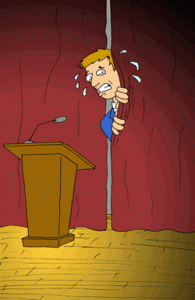It’s a classic tale, isn’t it? Saturday night, almost 10 PM. The party started an hour ago, but no one shows up on time, right? Your legs are already tired and your contacts are drying up in your eyes after a long day staring at your computer. It’s not even a real friends birthday you plan to attend. You knew the guy in high school, or maybe had one class with him over J-term, and now…
You know you might have a good time. There’s a decent conversation to be had with strangers, maybe a cute girl chats you up while you’re both a bit tipsy and too tired to worry about smiling at each other too much. Maybe it’s a night to remember, and by not going, you deprive yourself of that memory, of that pleasure, of that chance.

At a certain point, FOMA, or the fear-of-missing-out, is the only reason you even want to go in the first place. Because you know the chance is there for a good time. But you also know that probably, most likely, almost definitely, you will drag yourself home at three in the morning, dehydrated and sweaty, buzzed or drunk, alone, having spilled beer on your favorite white shirt, or having sweated too much into your best leather jacket to feel like wearing it again any time soon. You fall asleep without taking a shower, and wake up way later than you expected the next day, on a weekend you were already hard-pressed to be productive in. To top it all off? It’s finals week next week. Another mistake.
Next time you’re in this position, just stay home. Watch a movie on your laptop, eat some of your favorite snacks, or work on a creative project or hobby. The parties rage on almost every night, and if you’re constantly going to them, if you’re constantly bustling from event to event, too scared to turn down an invitation to one, or to stay home and enjoy your own company every now and then, the anxiety to go will overcome the pleasure you get from actually going.
Take care of yourself. Trust your instincts. Don’t miss out on you.
By Victor Galov
For over 20 years, the Campus Clipper has been offering awesome student discounts in NYC, from the East Side to Greenwich Village. Along with inspiration, the company offers students a special coupon booklet and the Official Student Guide, which encourage them to discover new places in the city and save money on food, clothing and services.
At the Campus Clipper, not only do we help our interns learn new skills, make money, and create wonderful e-books, we give them a platform to teach others. Check our website for more student savings and watch our YouTube video showing off some of New York City’s finest students during the Welcome Week of 2015.



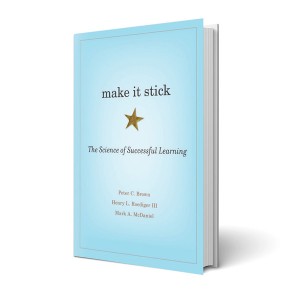

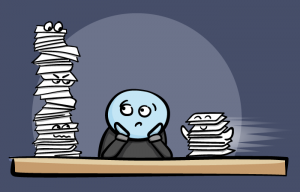

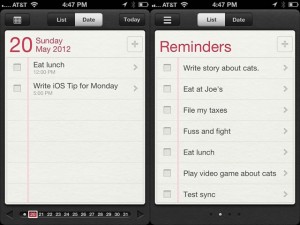
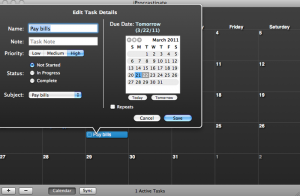

 If you have had the same professor for a new class, you are already at an advantage in terms of building a quality professor-student relationship. However, whether a great deal of time has passed or not, you still want to be able to maintain that relationship. After the first class with a well-acquainted professor, go and say hello. Tell him or her that you are excited to be taking the class and look forward to having a great experience like that of the last class you had with him or her. This move and can make your relationship stronger and will let the professor know that you are a serious student.
If you have had the same professor for a new class, you are already at an advantage in terms of building a quality professor-student relationship. However, whether a great deal of time has passed or not, you still want to be able to maintain that relationship. After the first class with a well-acquainted professor, go and say hello. Tell him or her that you are excited to be taking the class and look forward to having a great experience like that of the last class you had with him or her. This move and can make your relationship stronger and will let the professor know that you are a serious student. do as well in the class as you hoped, and you end up taking the class over, I would advise something different. Instead of going up to the professor after class, you should visit the professor during his or her office hours. Meeting a professor during office hours can set a more intimate and professional meeting atmosphere and gives you more time to communicate. Tell your professor that you are thankful to be allowed to take the class over and that you look forward to doing better this time around. Your professor will know that you mean business, and he or she will have a clean impression of you instead of the one you last made.
do as well in the class as you hoped, and you end up taking the class over, I would advise something different. Instead of going up to the professor after class, you should visit the professor during his or her office hours. Meeting a professor during office hours can set a more intimate and professional meeting atmosphere and gives you more time to communicate. Tell your professor that you are thankful to be allowed to take the class over and that you look forward to doing better this time around. Your professor will know that you mean business, and he or she will have a clean impression of you instead of the one you last made.